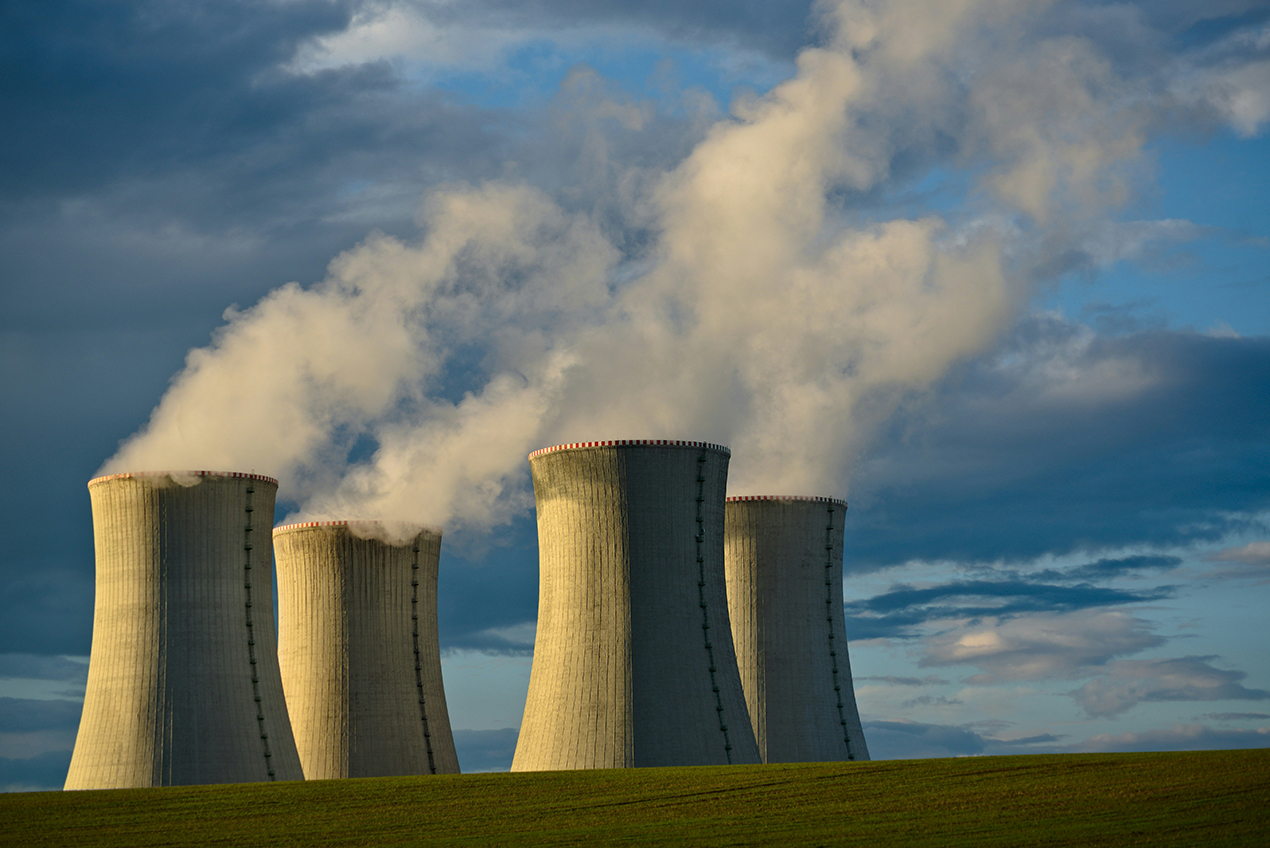News
Iran’s Supreme Leader Finally Ruled that He will Never Back Down on the Nuclear Issue
A few days ago, Iran's Supreme Leader
Ayatollah Ali Khamenei issued tough instructions on Iran's nuclear issue,
stating that Iran's nuclear path is "irreversible" and that any
concession will endanger Iran's independence. The United Nations Security
Council reached an agreement on March 14, local time, and planned to launch
formal consultations on the Iranian nuclear issue on the 17th.
According to the Associated Press, on March
14, local time, Khamenei issued his strongest remarks on the nuclear issue. The
aim was apparently to put an end to the compromising rhetoric of moderates
within the Iranian government. He told Iranian diplomats who returned home for
negotiations that Iran could not retreat.
According to Iranian TV, Khamenei said that
day: "Iran believes that retreating on the nuclear issue will destroy the
country's independence and cause huge losses to Iran... This (nuclear) path is
irreversible, and foreign policy departments must be brave. Defend Iran’s
rights.”
Associated Press analysis believes that
Khamenei has the final say in all national affairs in Iran. The tough
instructions he issued will bring Iran into conflict with Western countries,
and his remarks have led to an agreement between Iran and Russia on Iran’s
uranium enrichment activities. Hope seems even slimmer. This proposal put
forward by Russia is considered to be the last chance to avoid a confrontation
in the Security Council over the Iranian nuclear issue.
Iran's attitude changed in a short period
of time when considering Russia's proposal to establish a uranium enrichment
complex. On March 12, Iran stated that it would no longer consider Russia's
proposal, and Russia severely criticized this. Subsequently, Iran changed its
tune and stated that talks with Russia were still ongoing.
At present, Iran's attitude on the nuclear
issue is very firm. On March 14, Iranian President Mahmoud Ahmadinejad also
vowed to resist pressure from the Security Council in a speech broadcast on
national television. He also stated that no country can take away nuclear
technology from Iran.
"They have to understand that neither
propaganda nor political pressure nor the games they are playing can stop Iran
from continuing on its path," he said.
According to US media reports, the five
permanent members of the Security Council held discussions on how to deal with
the Iranian nuclear issue. After the Security Council meeting on the 14th,
there were still differences on the statement on Iran’s nuclear project.
The draft resolution submitted by Britain
and France calls for Iran to cease all uranium enrichment activities and
requires a report within weeks on the progress Iran has made in answering
questions about its nuclear program. However, Russia said that this draft did
not leave enough space for diplomatic activities, but focused too much on
possible measures taken by the Security Council.
The United States and some European
countries have accused Iran of trying to build nuclear weapons, but Iran denies
the accusation and says its nuclear program is only to use nuclear reactors to
produce electricity. Iran maintains that it has the right to possess technology
for peaceful uses of nuclear energy, including uranium enrichment.
The United States and its European allies
want Iran to permanently abandon uranium enrichment, a process that produces
not only fuel for civilian nuclear reactors but also materials for nuclear
warheads.

RELATED NEWS
- UK Government Pledges £20 million Investment in Innovative Electric Vehicle Proj
- Argentina to Approve Repsol, Exxon Mobil Fuel Supply Plans
- The UK Implements Proactive Policies to Reduce Greenhouse Gas Emissions
- International Oil Prices Hit Record Highs Continuously
- Japan's Sawa Nuclear Power Plant Begins to Undergo Security Inspections
